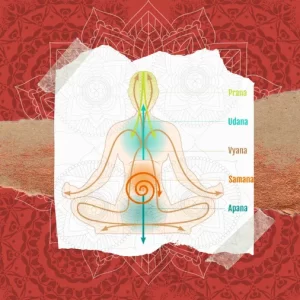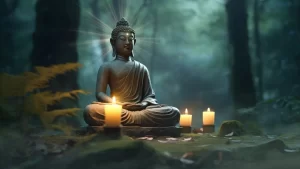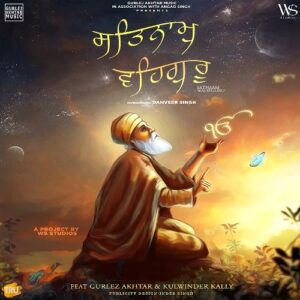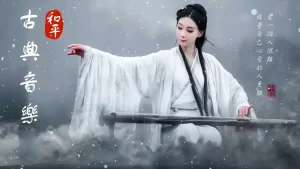The Nīlakaṇṭha Dhāraṇī, also known as the Mahākaruṇā(-citta) Dhāraṇī, Mahākaruṇika Dhāraṇī[1] or Great Compassion Dhāraṇī / Mantra (Chinese: 大悲咒, Dàbēi zhòu; Japanese: 大悲心陀羅尼, Daihishin darani or 大悲呪, Daihi shu; Vietnamese: Chú đại bi or Đại bi tâm đà la ni; Korean: 신묘장구대다라니 (Hanja: 神妙章句大陀羅尼), Sinmyo janggu daedarani), is a Mahayana Buddhist dhāraṇī associated with the bodhisattva Avalokiteśvara.
The dhāraṇī is thought to have originally been a recitation of names and attributes of Harihara (a composite form of the Hindu gods Vishnu and Shiva; Nīlakaṇṭha ‘the blue-necked one’ is a title of Shiva) said to have been recited by Avalokiteśvara, who was sometimes portrayed as introducing popular non-Buddhist deities (e.g. Hayagriva, Cundi) into the Buddhist pantheon by reciting their dhāraṇīs. Over time, these deities became considered to be the various forms or incarnations of Avalokiteśvara, who was described in texts such as the Lotus Sutra as manifesting himself in different forms according to the needs of different individuals; the dhāraṇī thus came to be considered as addressed to Avalokiteśvara as Nīlakaṇṭha, now understood to be a manifestation of the bodhisattva. From Nīlakaṇṭha Avalokiteśvara, this particular dhāraṇī eventually became associated with another of Avalokiteśvara’s forms, namely the thousand-armed (sahasra-bhuja) one, and became attached to Buddhist texts concerning the thousand-armed Avalokiteśvara.
Different versions of this dhāraṇī, of varying length, exist; the shorter version, as transliterated into Chinese characters by Indian monk Bhagavaddharma in the 7th century, enjoys a high degree of popularity in East Asian Mahayana Buddhism, especially in Chinese Buddhism, comparable to that of the six-syllable mantra Oṃ maṇi padme hūṃ, which is also synonymous with Avalokiteśvara. It is often used for protection or purification. In Korea, copies of the dhāraṇī are hung inside homes to bring auspiciousness. In Japan, it is especially associated with Zen, being revered and recited in Zen schools such as Sōtō or Rinzai.












Comment